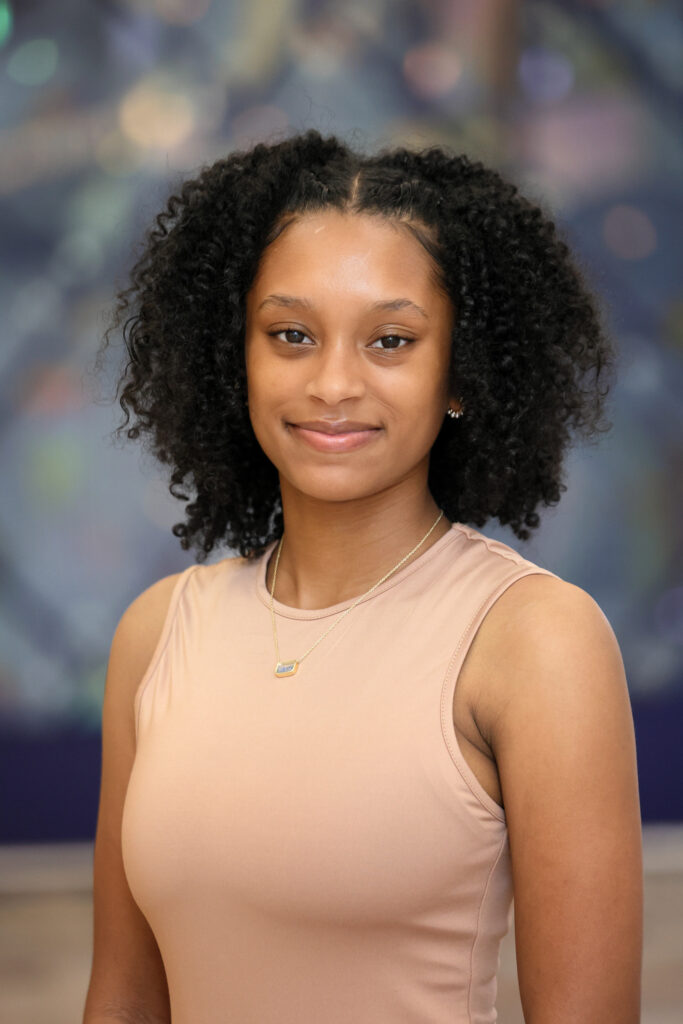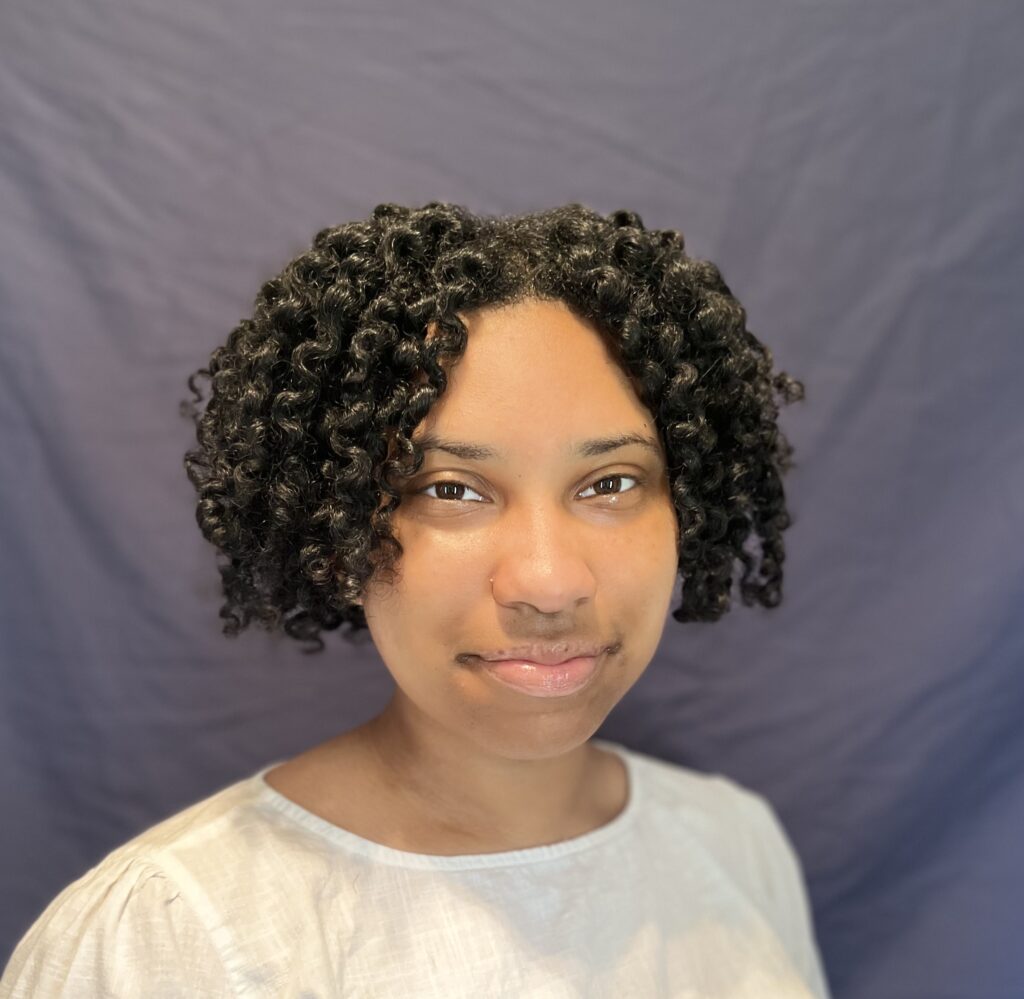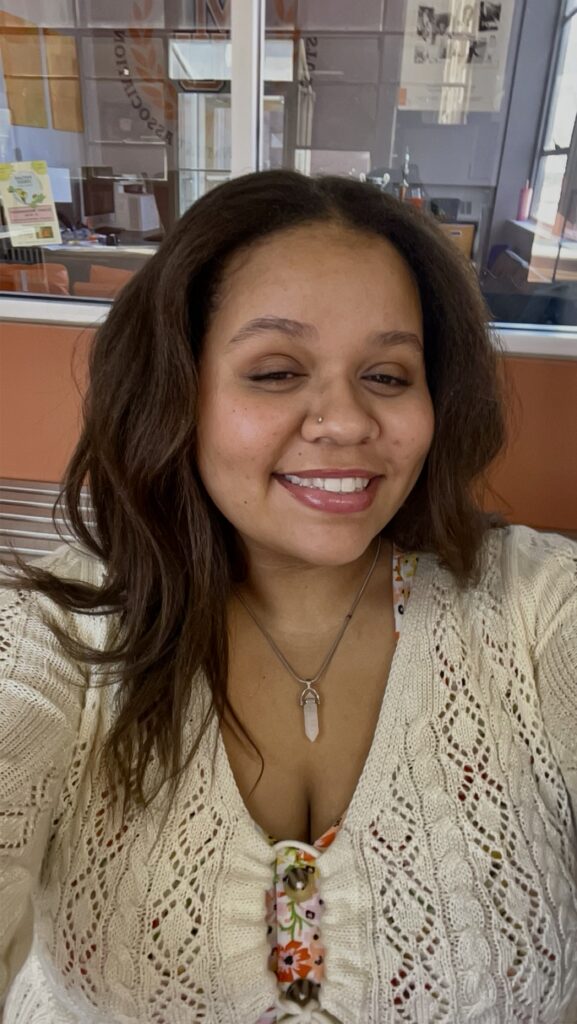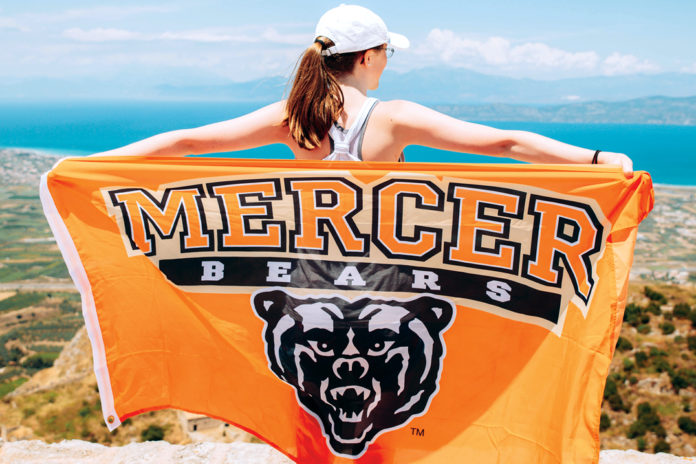MACON — Mercer University had four students chosen during the spring 2024 selection cycle to receive a total of $10,000 in funding to study abroad through the prestigious Benjamin A. Gilman International Scholarship program.
- Christian Grizzle, a class of 2024 chemistry major, will participate in a Mercer On Mission program in Belize.
- Jakayla Jackson, a rising senior sports marketing and analytics major, will participate in a Mercer On Mission program in South Africa.
- Robin Serrant, a class of 2024 global health major, will participate in a Mercer On Mission program in India.
- Amaya Shackley, a rising senior global health and anthropology major, will participate in a Mercer On Mission program in India.



Emily Dunn, assistant director of global education, said being selected for the prestigious Gilman Scholarship is a testament to the students’ dedication, and the Office of Global Engagement is thrilled to witness the influence these programs have on the Gilman Scholars and the valuable lessons they bring back to the Mercer community.
“Our office proudly assists students embarking on life-changing journeys abroad through the prestigious Gilman Scholarship,” Dunn said. “We celebrate the recipients and their potential to shape the world through service work in local communities, cultural exchange and impactful contributions.”
Gilman Scholars receive up to $5,000 — or up to $8,000 if they are also a recipient of the Gilman Critical Need Language Award — to apply toward their study abroad or internship program costs.
Mercer is one of the top producers of Gilman Scholars in the country. The University has been recognized as both a Gilman Top Producing Institution and a Gilman Greatest Growth Institution for its role in broadening the student population that studies abroad overall, as well as in areas of priority achievement.
Since the program’s establishment in 2001, more than 36,000 Gilman Scholars of diverse backgrounds have studied or interned in more than 155 countries around the globe. The Gilman program is sponsored by the U.S. Department of State’s Bureau of Educational and Cultural Affairs and is supported in its implementation by the Institute of International Education.










